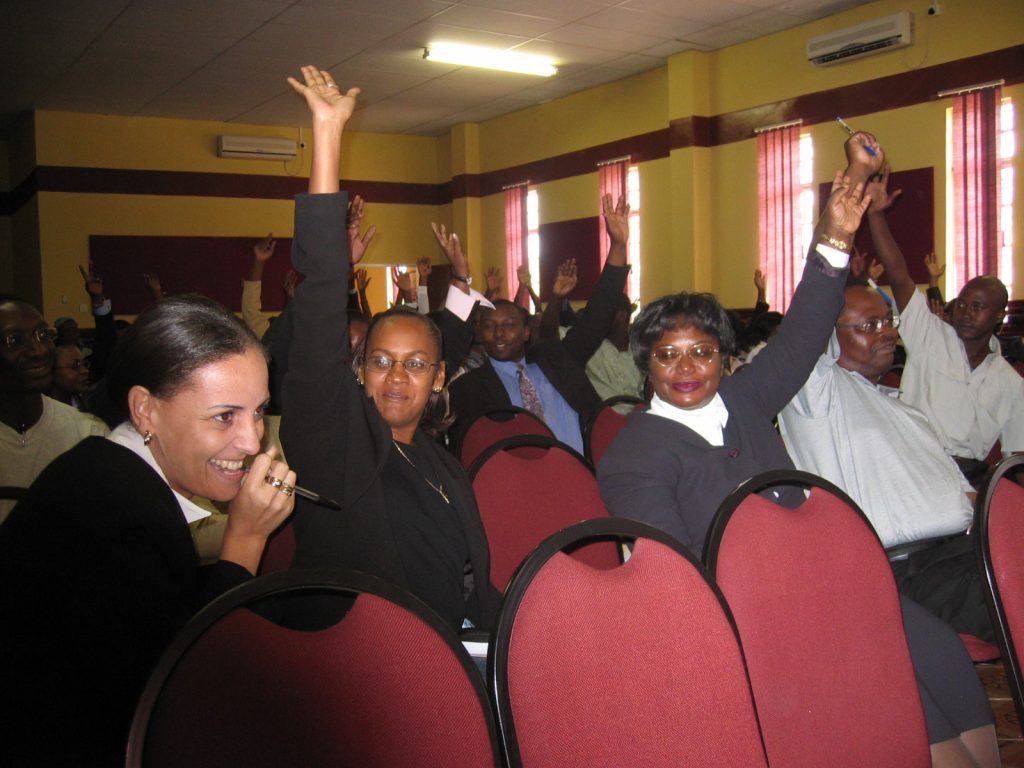… Or, how Zambia’s Constitutional Court judges think – about power, for example

Wednesday, 14 April 2021, from 2pm to 4 pm EET (UTC+2), Zoom.
This presentation is part of a longitudinal attempt to engage ethnographically with the politics of constitutionalism in Zambia, a former British colony in Southern Africa. A remarkably stable country (given its context), with a thriving middle class, Zambia is afflicted with grievous social problems. The distribution of wealth and welfare among the population is as skewed toward injustice as in any country on the planet. The climate emergency is already wreaking havoc on domestic food security. And yet for the past twenty years, the nation’s political passions have been invested to an amazing degree into tugs-of-war about ‘constitutionalism.’
My talk examines the work of the new Constitutional Court (est. 2016), a key outcome of two decades of deeply politicized constitution-making. Through the scrutiny of debates within the court on styles of constitutional interpretation, I consider the emerging properties of Zambia’s postcolonial/postliberal constitutionalism. The substantive focal point concerns the ‘unfetteredness’ of executive power. A subsidiary motif is the role of politico-legal culture in the (non)realization of professed democratic ideals.
The event is open to all interested0, but kindly register your intention to participate through the registration form available here. You will receive the Zoom link shortly before the event by email. All registration data will be deleted after the event.
About the speaker
Jeremy Gould has a PhD in Anthropology from the University of Helsinki, where he taught Development Studies from 1973 to 2010. From 2010 to 2018 he was Professor of International Development Studies at the University of Jyväskylä. Upon retirement from Jyväskylä he has returned to anthropology in Helsinki where he continues research and supervision. He is finalizing a manuscript for Routledge based on long-term legal ethnography entitled Political legality. Prerogativism and constitution-making in postcolonial Zambia.
